Although Kirk Douglas and John Wayne starred in the classic films “Harm’s Way,” “Cast A Giant Shadow,” and “The War Wagon” together, there was a time when the...
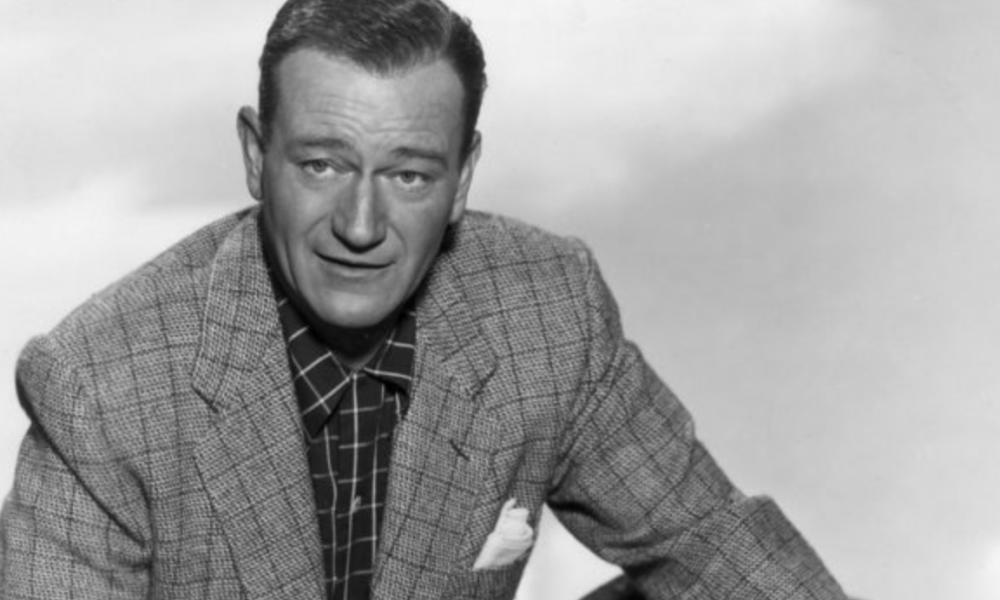
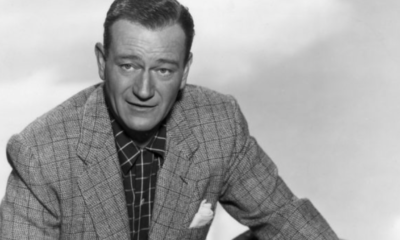

Today, we know Ron Howard as an actor and producer with more than 60 years of experience. Back in 1976, however, Ron Howard was a young...
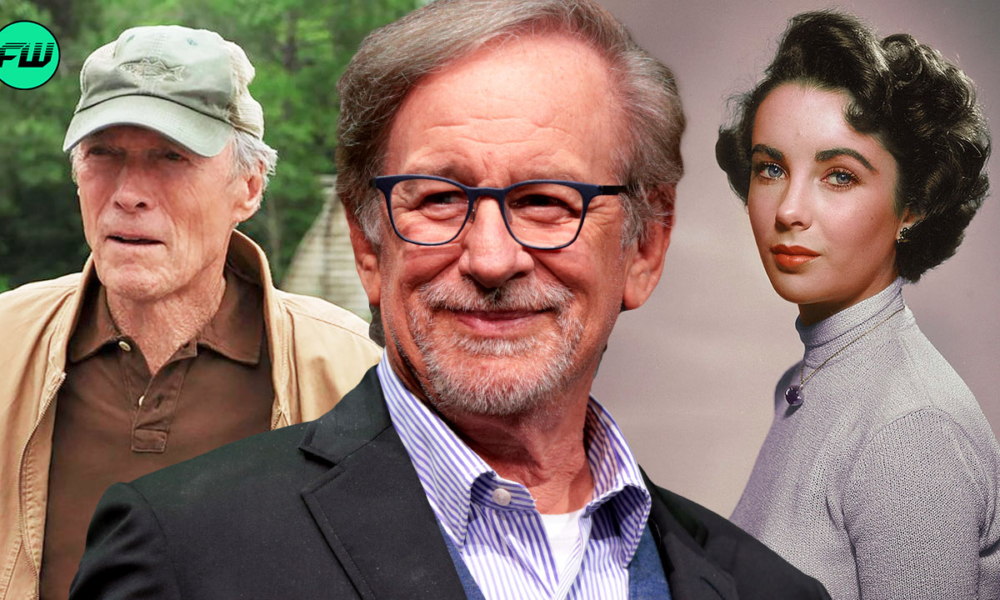
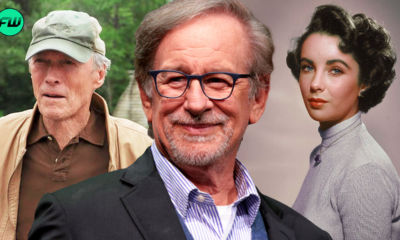

Clint Eastwood’s 1968 film, Where Eagles Dare, is certainly a classic project from old Hollywood. It was an extremely intriguing story that on paper, is about a team...
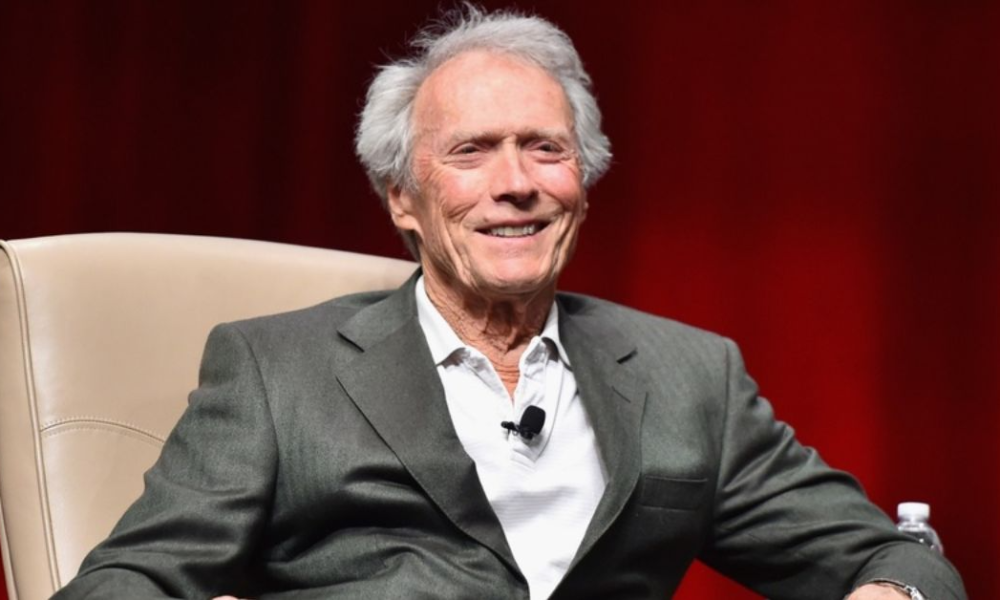
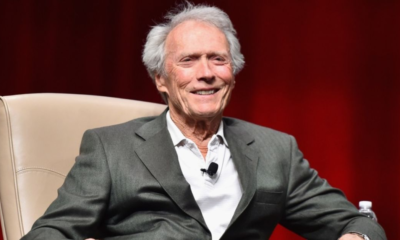

His roles as the Man with No Name in Italian filmmaker Sergio Leone’s trilogy of spaghetti Westerns in the 1960s and as antihero cop Harry Callahan...
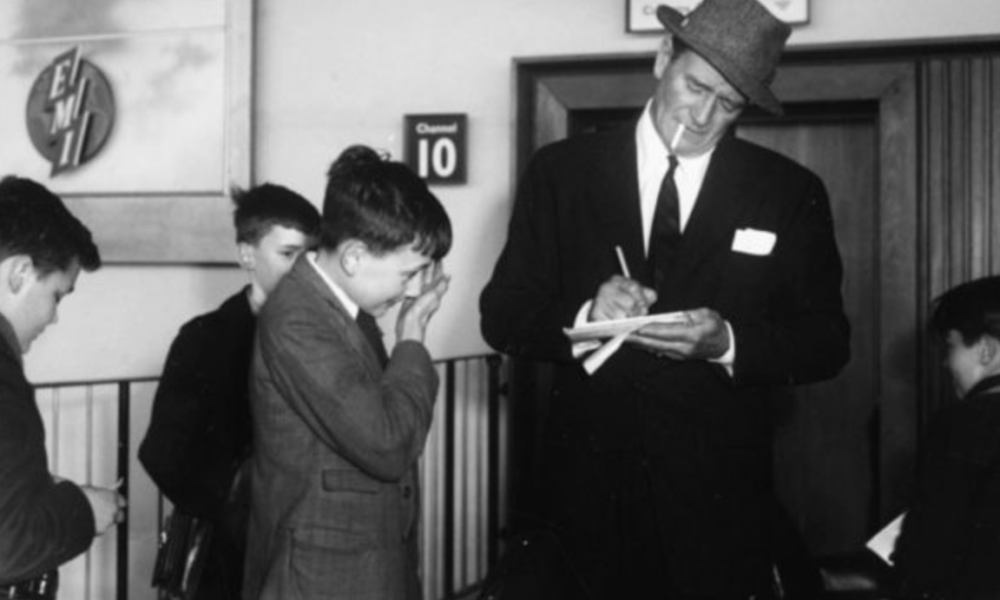
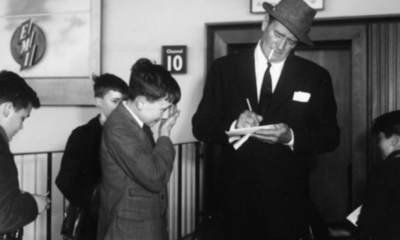

John Wayne’s co-star, Chris Mitchum, worked closely beside the Duke (a nickname Wayne went by) before his passing. In a 2019 interview, Mitchum shared all sorts of anecdotes from his...
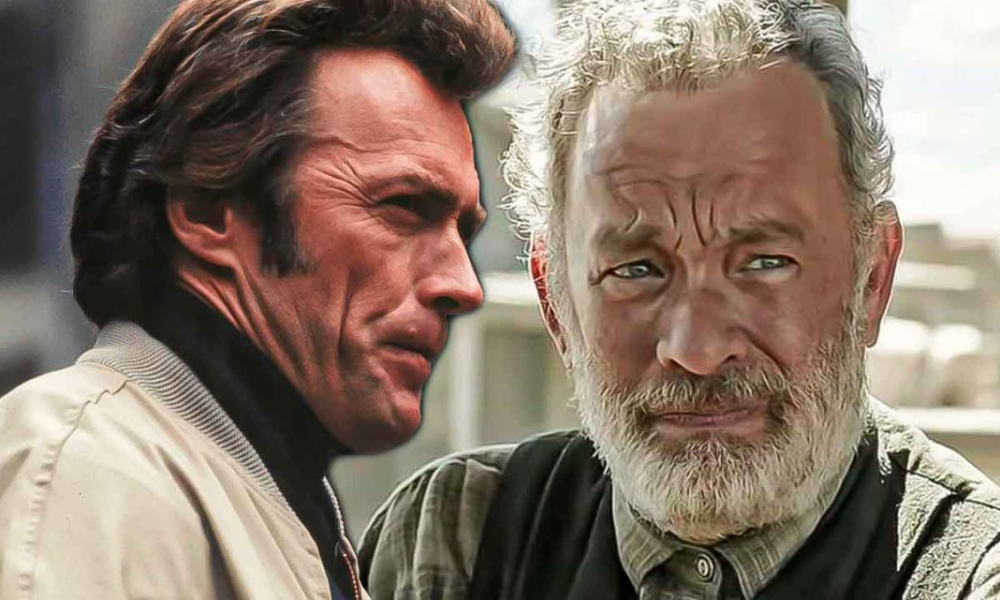
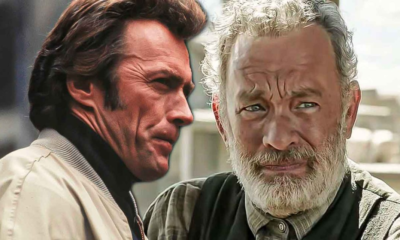

The actor is known to be one of the most influential actors in the world and his Forrest Gump character is an iconic role that people...
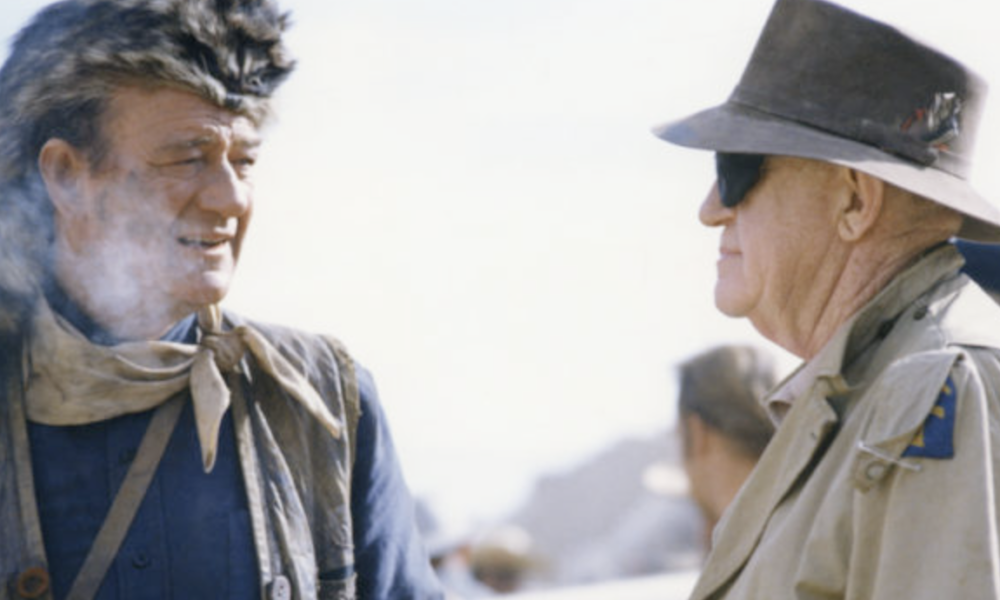
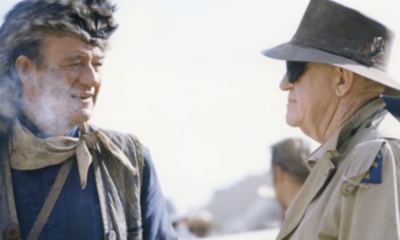

Citing another legendary filmmaker, Yellowstone creator Taylor Sheridan is relying on “Old Hollywood” filmmaking for his newest epic, 1883. “I don’t build a world with visual...
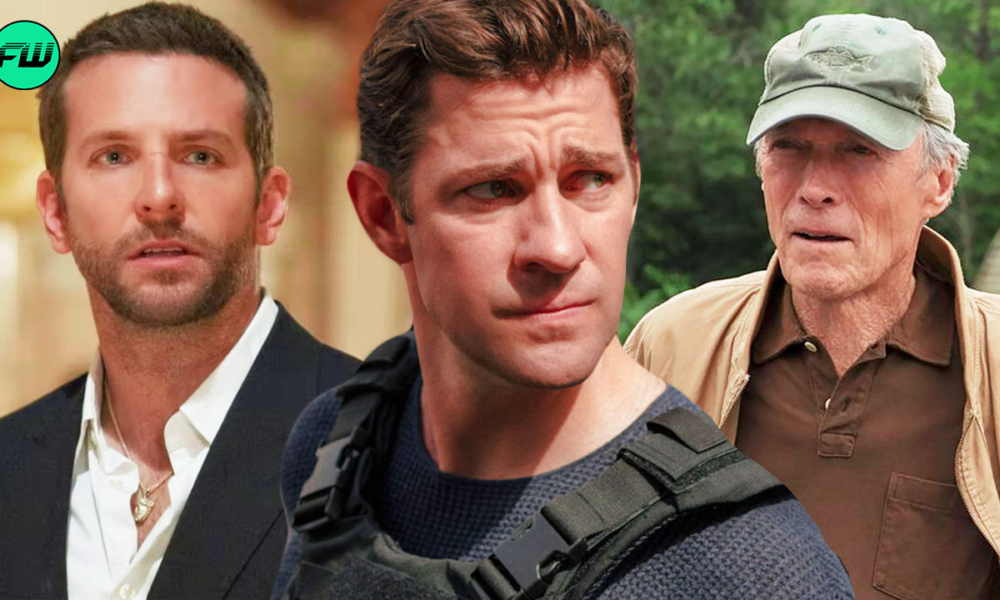
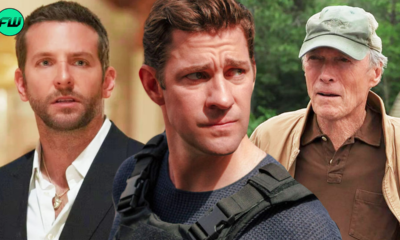

American Sniper was a 2014 war movie starring Bradley Cooper in the lead role. Being intimidated by John Krasinski for the muscular physique that he had, Cooper...
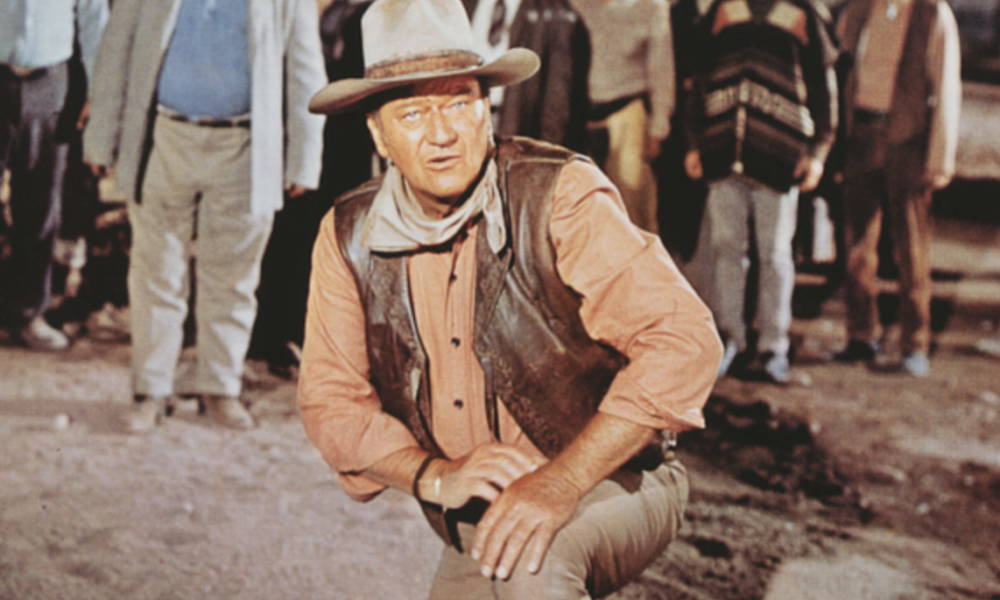
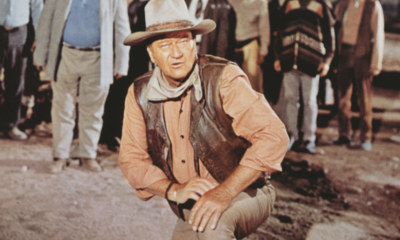

On Monday afternoon, Hollywood legend John Wayne’s estate once again promoted their upcoming 50th anniversary celebration of his 1971 classic western Big Jake. Five decades ago,...
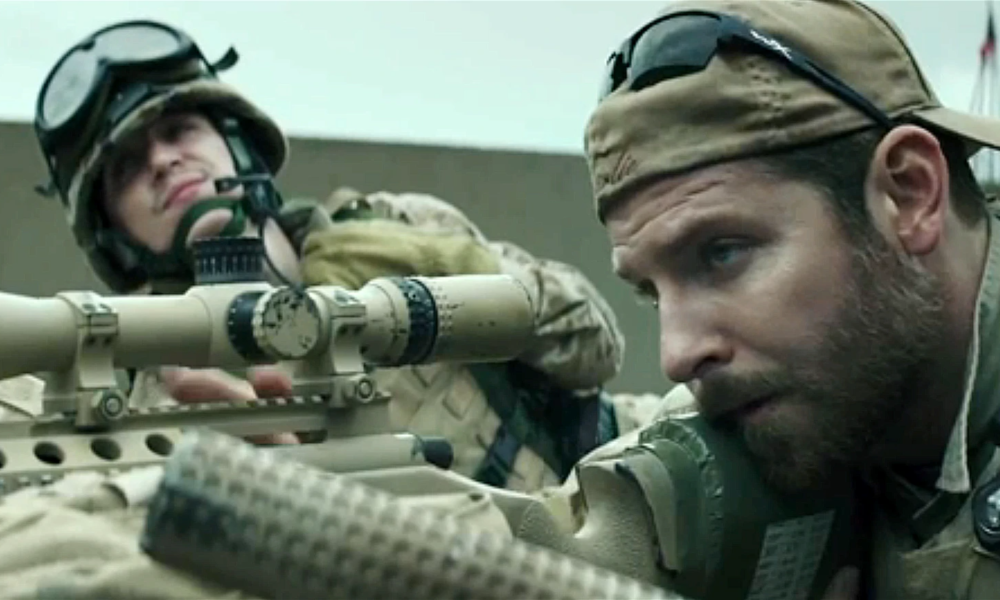
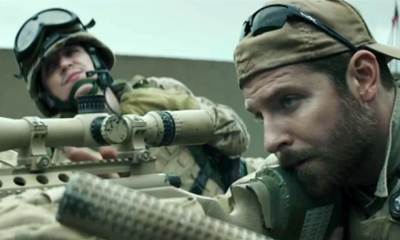

Director Clint Eastwood’s 2014 movie, American Sniper is often labeled as one of the most successful films in his filmography. The biographical war drama film was loosely based on...